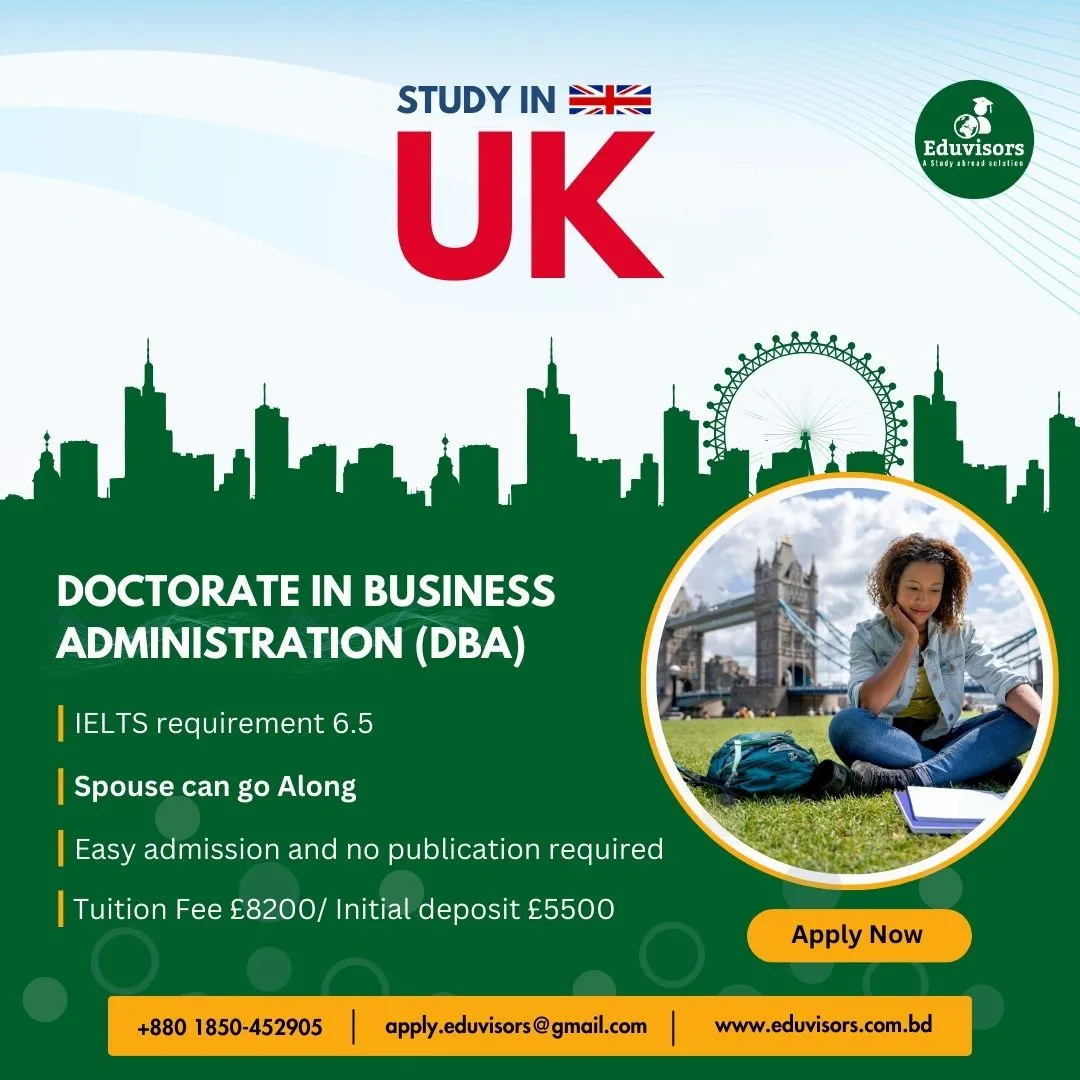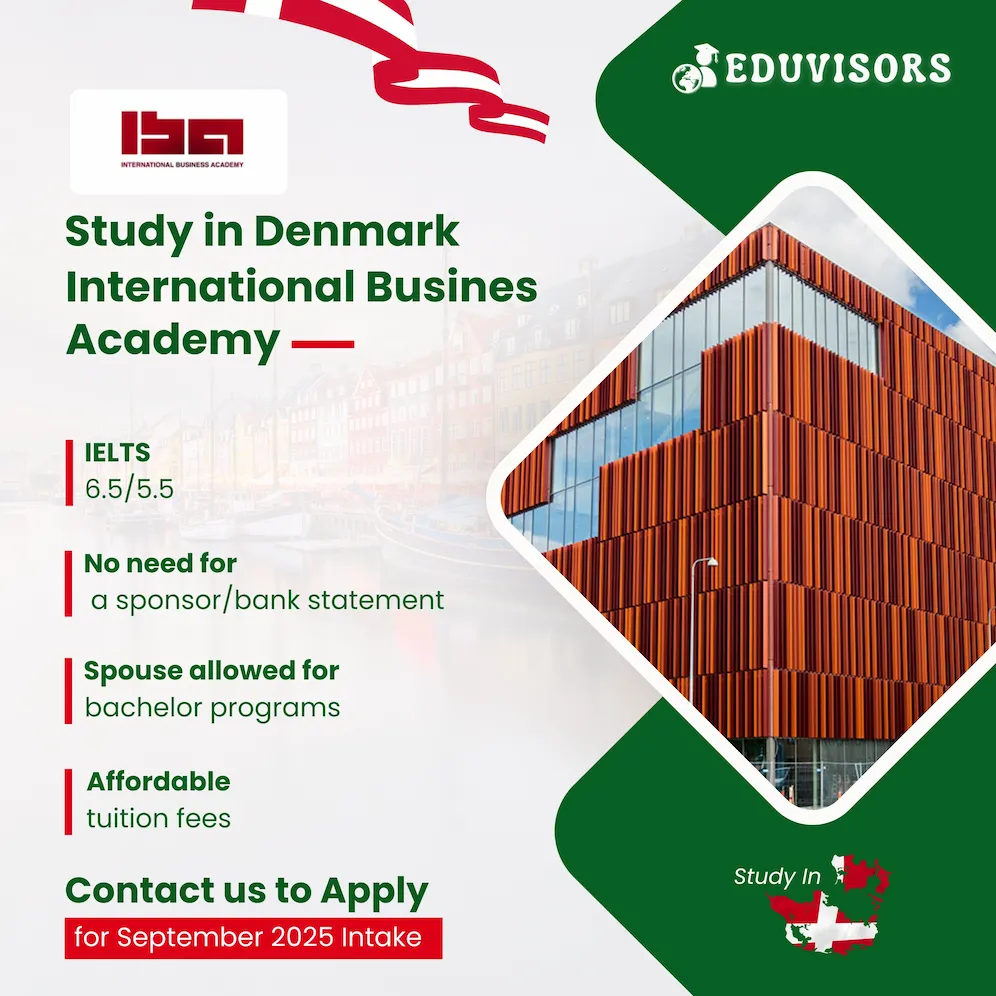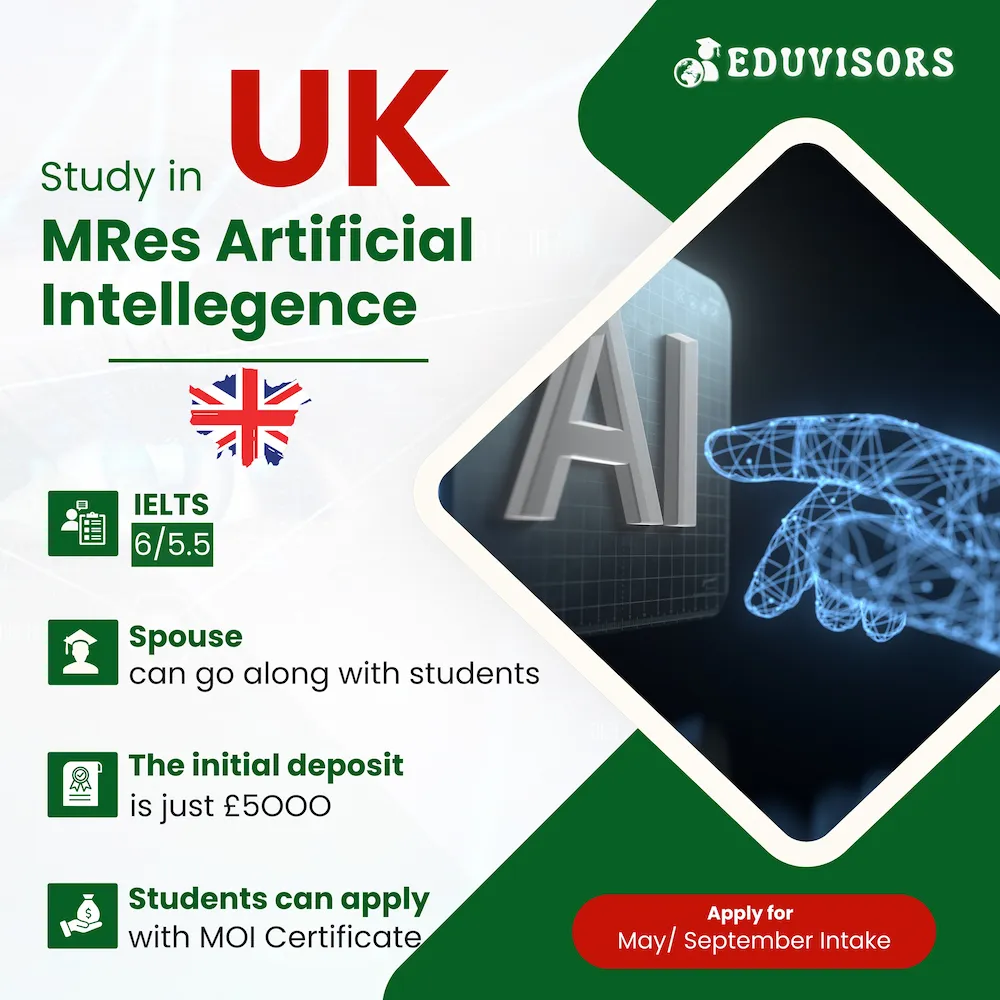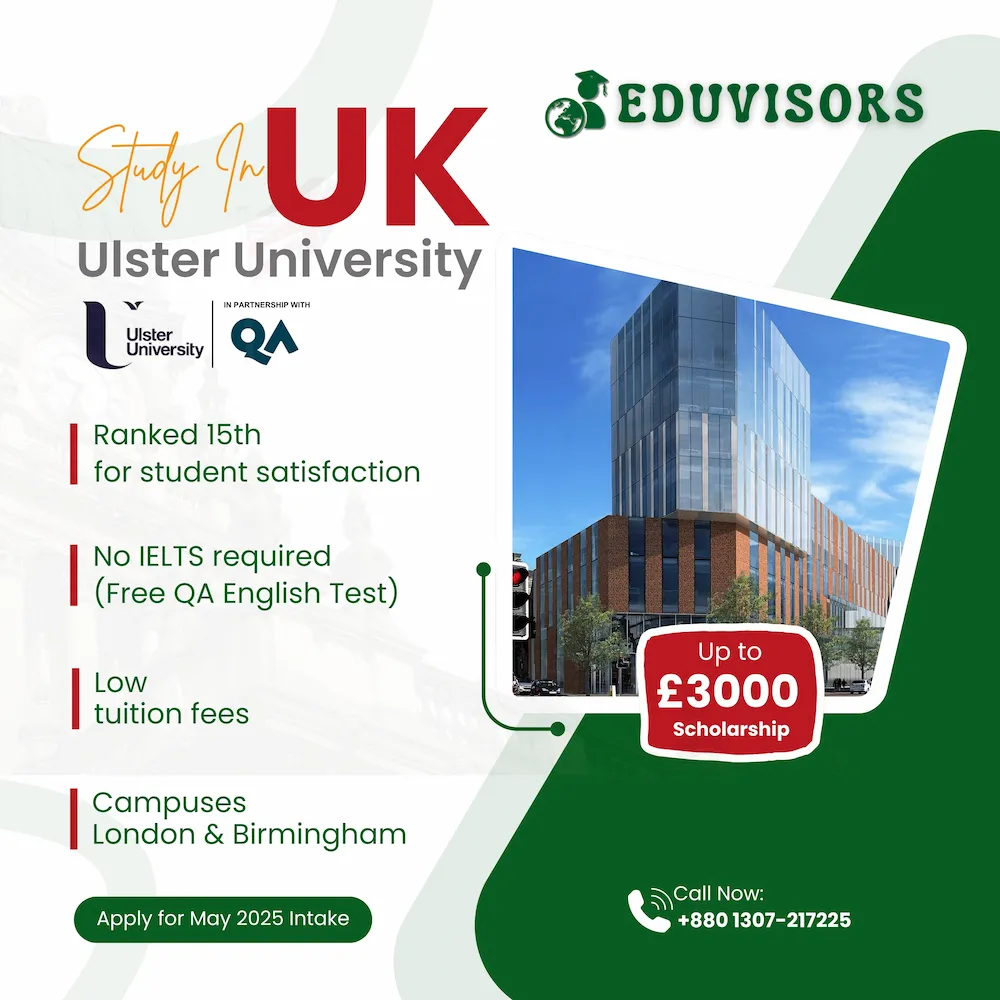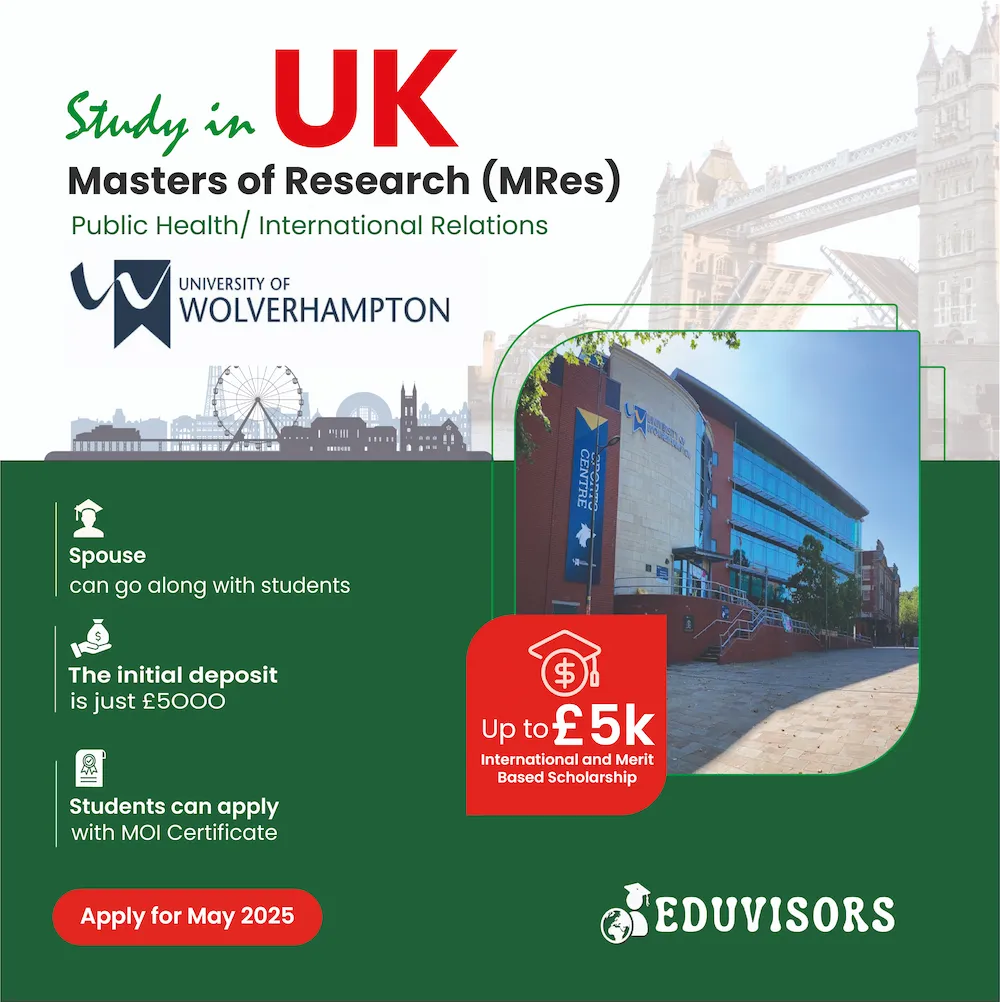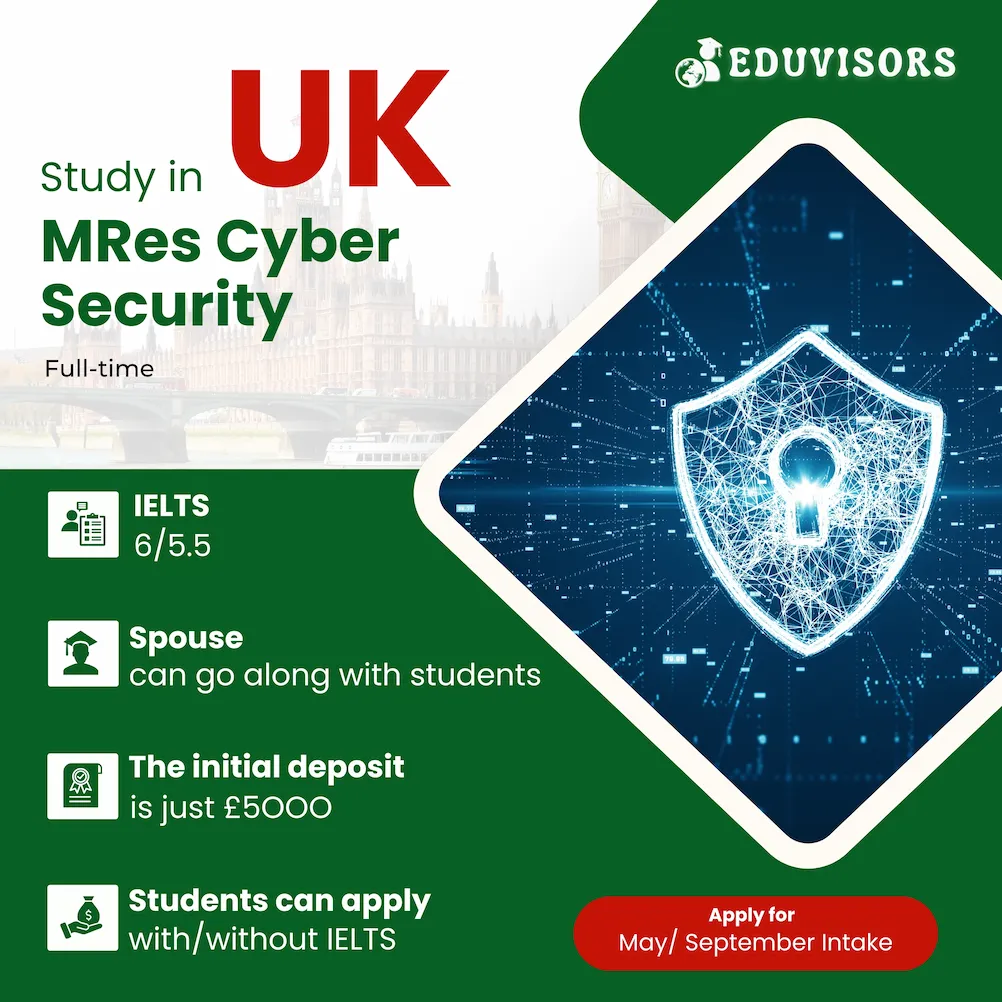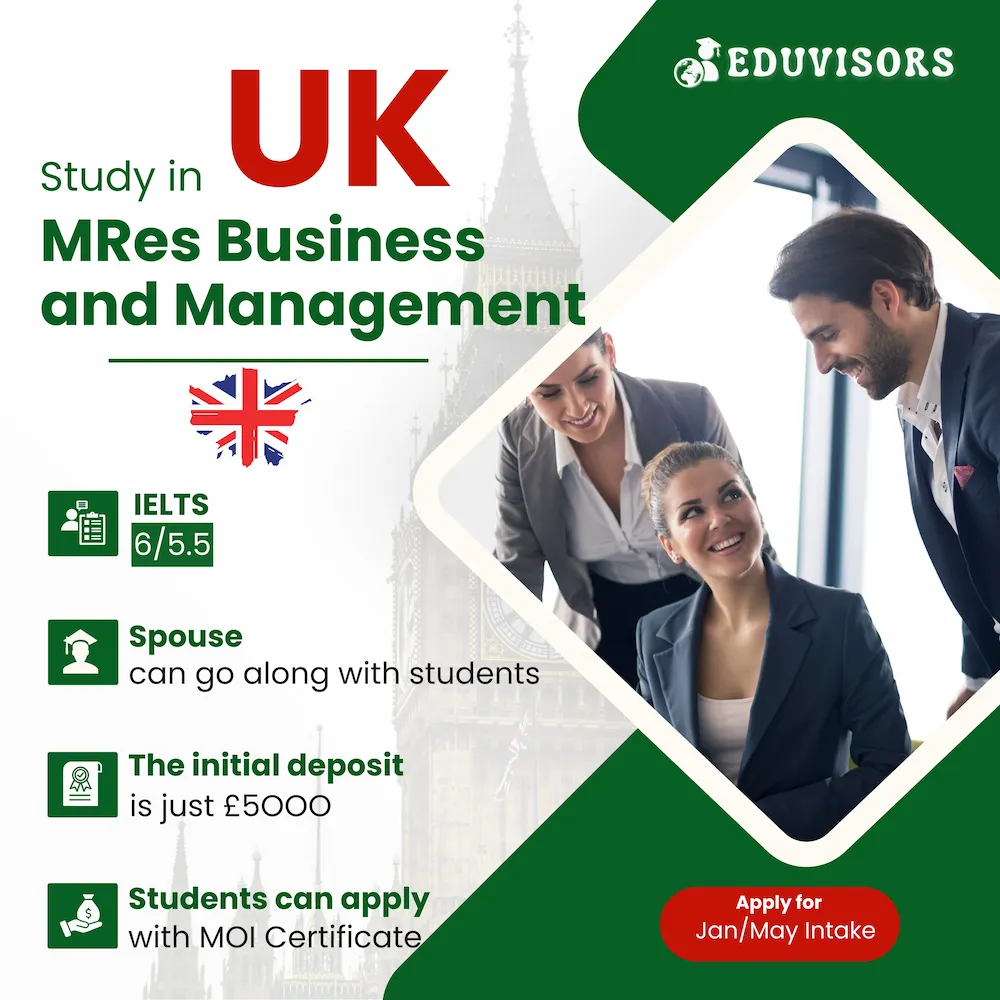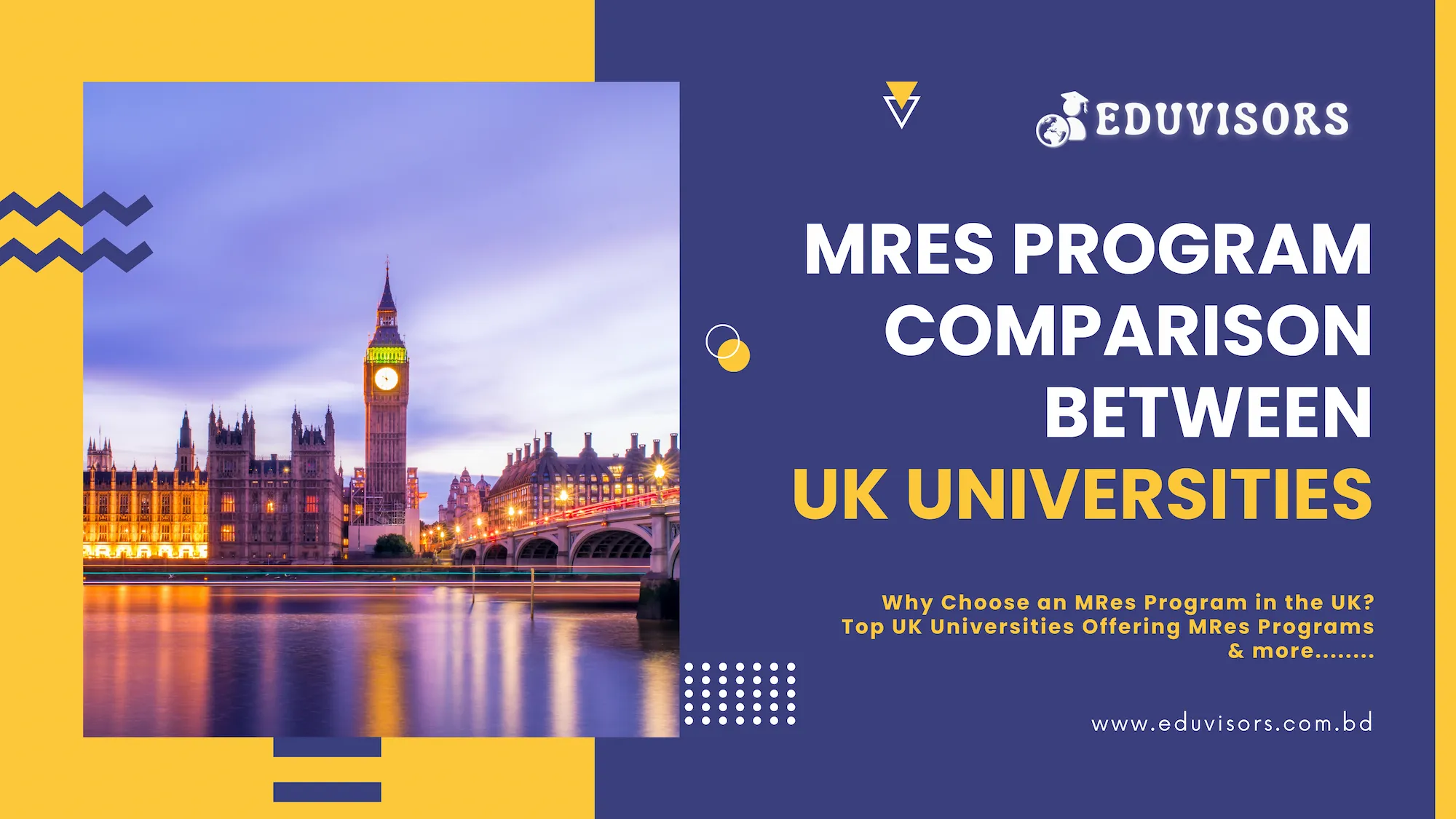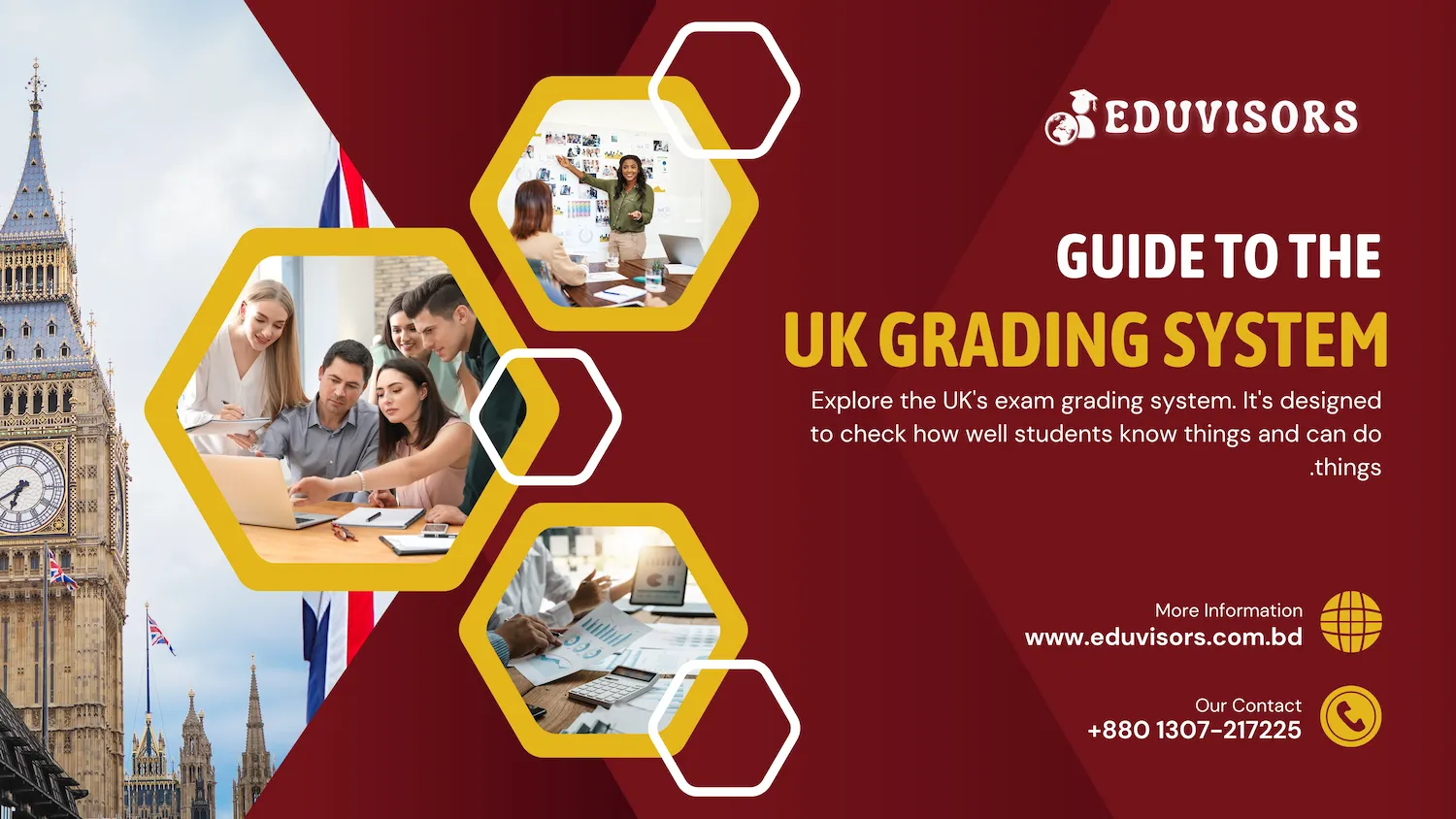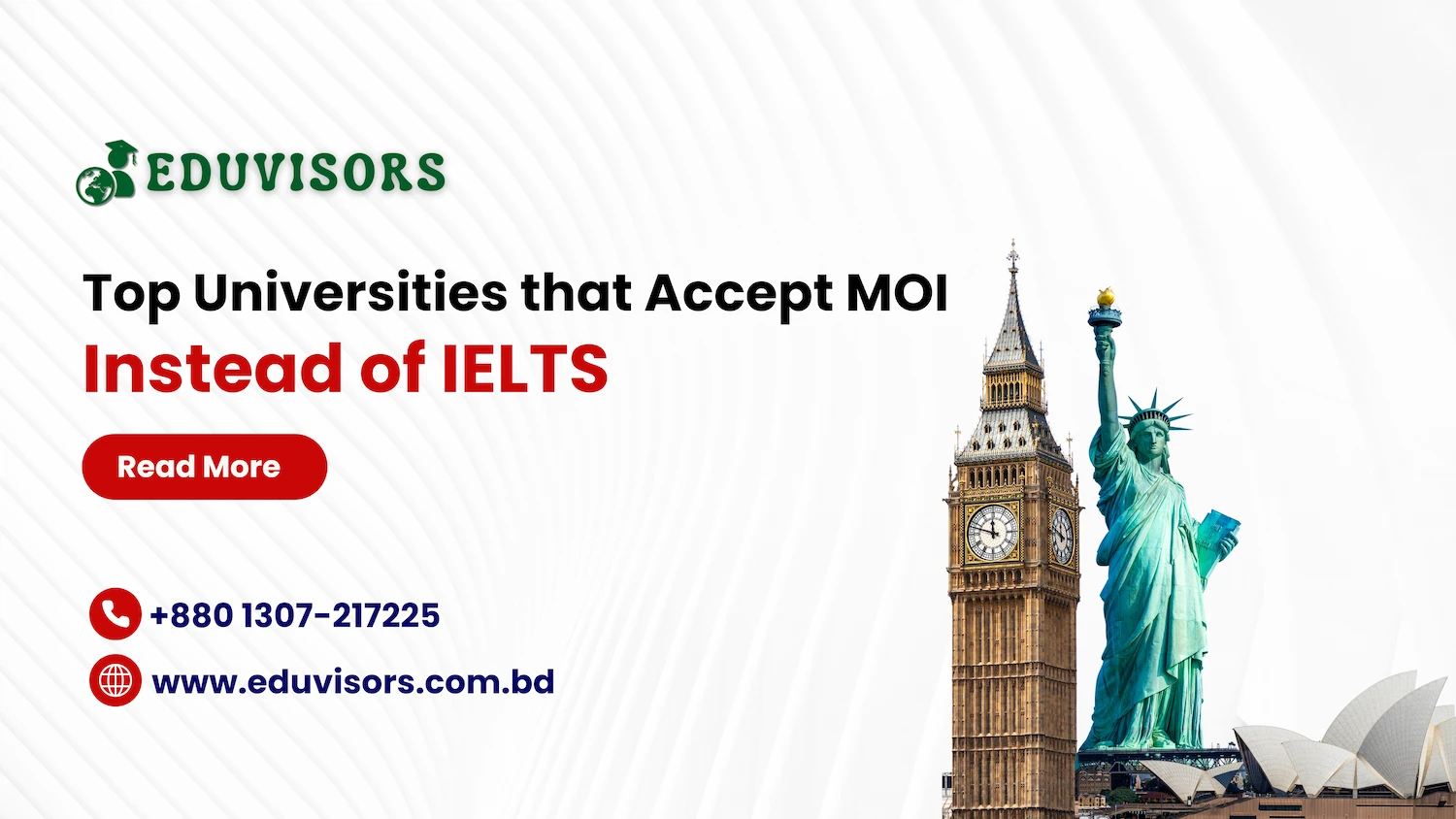Pre-CAS (Confirmation of Acceptance for Studies) interviews are a crucial component of the admissions procedure for international students seeking to study abroad. Educational institutions use these interviews to evaluate candidates’ appropriateness and ensure they fulfill the enrollment requirements.
Pre-CAS interviews may cover several important topics, such as the applicant’s academic background, relevant work experience, language skills, and ability to pay for their education. Schools take advantage of this chance to determine the applicant’s level of dedication to the selected course of study and the degree to which their objectives coincide with the course options.
Importance of Pre-CAS Interviews in the UK Visa Application Process
Here are key reasons why Pre-CAS interviews are essential in the UK visa application process:
- Document Verification: During pre-CAS interviews, visa authorities can confirm that the applicant’s presented documents are authentic.
- Evaluation of Intent: During the interview process, visa authorities can determine whether an applicant intends to study in the UK.
- English Language Proficiency: The interviews give a chance to evaluate the candidate’s English language ability and ensure they have the language abilities needed to succeed in their academic pursuits.
- Financial Capacity: Visa officials may inquire about applicants’ ability to pay for their education and remain in the UK. Ensuring students can afford tuition fees, living expenses, and other related charges is crucial.
What is a Pre-CAS interview?
A UK institution typically conducts the Pre-CAS interview as a component of the application process for a Confirmation of Acceptance for Studies (CAS). A licensed Tier 4 sponsor in the UK provides the CAS, a digital document, to international students who have been given a position on a course.
The Pre-CAS interview is a crucial stage in the application process for universities in the United Kingdom. It’s an opportunity for potential students to showcase their skills, expertise, and suitability for the course they wish to enroll in.
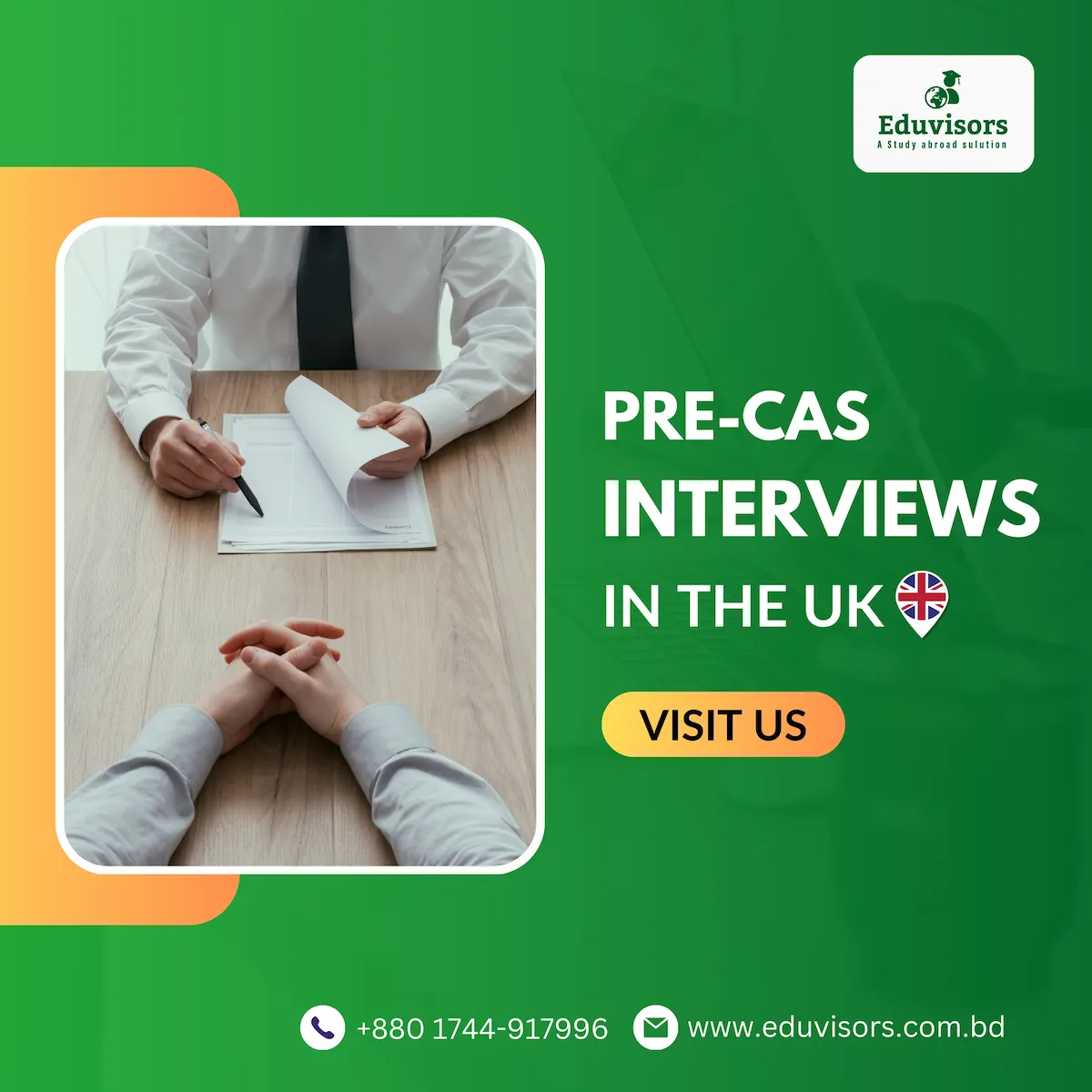
Who May Need to Attend a Pre-CAS Interview:
- Specific Programs or Courses: When further evaluation is deemed essential for particular programs or courses, some educational institutions may demand pre-CAS interviews.
- Language ability concerns: Students whose English language proficiency raises possible red flags may be invited to participate in a Pre-CAS interview to evaluate their language abilities further.
- Qualification Verification: Pre-CAS interviews may be necessary to address doubts or concerns about the integrity of an applicant’s academic credentials or other materials that have been submitted.
- Institutional Policies: Certain academic establishments follow particular guidelines or procedures that call for interviewing prospective overseas students as a part of the admissions procedure.
Purpose of a Pre-CAS Interview
A Pre-CAS (Confirmation of Acceptance for Studies) interview serves more functions than just assessing academic qualifications. It is a conversation meant to match goals, guarantee sincere interest, and create a unique bond between the prospective international student and the university.
This interactive evaluation is a means to explore each applicant’s story and validate their suitability for the chosen course, language ability, financial preparation, and qualifications. Beyond simply complying with regulations, the Pre-CAS interview is crucial in creating a community of engaged, diverse, and purposeful students.
It enriches the educational landscape by showcasing individual success stories that fit into the lively academic environment of the United Kingdom.
Preparation for a Pre-CAS Interview
Preparing for a pre-CAS interview is a wise decision to leave a lasting impression on the institution you’re applying to. The following advice will help you get ready:
- Comprehend the Objective: Verify your comprehension of the rationale behind doing this interview. Usually, it’s to confirm details in your application and determine whether you’re a good fit for the course.
- Research the Institution: Learn about the academics, current accomplishments, history, and core principles of the organization. This indicates that you genuinely want to study here.
- Know Your Course: Know all there is to know about the course you are applying to. Recognize its modules, structure, and alignment with your academic and professional objectives.
Prepare Responses to Common Questions
Be prepared to answer questions on your educational history, professional goals, rationale for selecting the course/institution, and intended contributions to the academic community.
Required Documents and Information
When applying for a student visa, key documents and information are typically required to support your application. Here’s an expanded overview of the items you’ve mentioned:
1. Passport: A current passport will remain valid after leaving the destination country. Make sure your passport satisfies the particular standards established by the immigration officials.
2. Offer Letter from the Educational Institution: A formal offer letter from the university where you were accepted. This letter should include information on the program’s duration, the course of study, and any prerequisites you may need to fulfill.
3. Financial Evidence: Evidence of your ability to pay for your living expenses, tuition, and related charges. It can include bank statements, letters of recommendation, information about scholarships, or any other record showing that you can sustain yourself financially while you study.
4. Academic Qualifications: Your academic transcripts and certificates are in original or certified copy. These records should attest to your academic fulfillment of the course’s prerequisites. Translations might be necessary if the documents are not in the official language of the country of destination.
Examples of Questions and Ideal Responses
Indeed, here are examples of questions that might be asked during a Pre-CAS interview, along with ideal responses:
Introduction of the Applicant:
- Question: Please tell us more about yourself.
- Ideal Response: First, the candidate will mention his name, then his academic background, and lastly, his field of interest.
Program Name and Course Module:
- Question: Could you provide more details about the program and course modules you applied for?
- Ideal Response: The first step is to mention the names of the program and university, respectively. It would be beneficial to highlight the critical course modules and career aspirations to showcase the level of commitment.
Reason for Selecting the Particular Country:
- Question: What factors influenced your decision to study in this country over others?
- Ideal Response: The applicant should mention the educational background of the country and influence him to pursue his degree there.
Reason for Selecting the Particular University:
- Question: What criteria did you consider when choosing this university?
- Ideal Response: Should mention about the faculty expertise and the specific resources that are available for the university
Details of the Sponsor:
- Question: Could you provide more information about your sponsor, including their relationship to you?
- Ideal Response: The precise description of the relationship sponsor should include the sponsor’s name and provide enough proof that the sponsor will support his education throughout the journey.
Future Plans of the Applicant:
- Question: What are your career aspirations after completing your studies?
- Ideal Response: Should provide clear aspiration that the applicant will return to his home country and have successful career facilities.
Strong Knowledge Regarding the University and Location:
- Question: Could you share specific details about the university’s facilities, faculty, or unique programs?
- Ideal Response: The applicant will provide details of university facilities, the specific faculty name, and their expertise in the field
Information on Any Known Person:
- Question: Do you have any contacts in the country or at the university you’ve applied to?
- Ideal Response: The candidate should provide the details if he has any contact with university alums, and if he does, he also needs to mention the details and information about them.
Tips for Success
Arranging Necessary Documentation:
- Start Early: Gathering the necessary paperwork should start well in advance. It guarantees you enough time to resolve any possible problems or get further documents if required.
- Organize a Checklist: List the necessary documents and mark them off as you obtain them. It keeps you more organized and less likely to forget any essential documents.
- Make Copies: Make many copies of any essential documents. Store hard copies and digital versions for your records and to use during the interview.
- Translation and Notarization: Make translation arrangements if the target country’s official language is not used for your documents.
Practicing Responses and Mock Interviews:
- Research Common Questions: Get familiar with frequently asked interview questions, particularly those about your educational background, professional aspirations, and motivations for studying overseas.
- Develop Clear and concise Responses: Develop your ability to respond briefly and clearly. Steer clear of lengthy explanations and ensure your solutions address the query.
- Address Potential Weaknesses: Determine any situations where you could feel less confident and concentrate on enhancing your answers to those particular queries. This proactive strategy improves your overall readiness for the interview.
Being Punctual and Professional:
- Test Technology (for Virtual Interviews): Check your internet connection, camera, and microphone beforehand if the interview is conducted virtually. Get acquainted with the platform beforehand to prevent technological difficulties on the interview day.
- Plan for Contingencies: Please log in early to allow for possible delays or technological malfunctions. Have a fallback strategy in place in case something unforeseen comes up.
- Practice Good Etiquette: During the interview, show consideration and politeness. Maintain proper posture, speak formally, and express gratitude for the chance.
Demonstrating Genuine Intentions and Plans:
- Reflect on Your Goals: Consider your academic and professional objectives. Clearly state how your chosen course and university will help you achieve these goals.
- Connect Past Experiences: Make links between your prior experiences, your abilities, and the particular features of the program that drew you in. It indicates a careful process of decision-making.
- Discuss Post-Study Plans: Explain what you intend to do once the program ends. Present a well-reasoned and practical plan for the future applications of your education.
The Pre-CAS Interview Experience
What to Expect During the Interview:
- Formal Questions: Anticipate inquiries concerning your educational history, rationale for selecting the particular course and institution, prospective goals, and financial capability.
- Document Verification: A verification of the legitimacy of your documents may be part of the interview, so be ready to go over your offer letter, financial evidence, and academic transcripts.
- Reflect on English language Ability: If applicable, the interview may evaluate your English language skills. Prepare yourself to speak and demonstrate your English language abilities.
Handling Unexpected Situations or Questions:
- Seek Clarification: Don’t be afraid to seek clarification if you have any questions. Seeking knowledge is preferable to offering an incorrect response.
- Filling up the Knowledge Gaps: Tell the truth if there are details you’re not optimistic about. Declare your openness to learning or offer a substitute, pertinent information.
- Adaptability: Show your ability to adapt by adjusting to unforeseen modifications to the interview’s structure or questions. It demonstrates your flexibility in thought.
Post-Interview Procedures and Next Steps:
- Follow-Up Questions: Provide a fast and comprehensive response to any follow-up questions or document requests that may arise after the interview. It demonstrates your commitment and response.
- CAS Publication: If you pass the interview, the educational institution will provide the Confirmation of Acceptance for Studies (CAS) document. Please take a close look at it and heed any directions.
- Visa Application: To begin applying for a student visa, use the CAS. Observe the instructions for obtaining a visa and ensure that all necessary paperwork is submitted correctly.
- Prepare for Arrival: Once the visa has been obtained, prepare for your arrival. Arrange your lodging, acquaint yourself with the surroundings, and make sure you have all you’ll need for your coursework.
Conclusion
Recap of Key Points:
- Purpose of Pre-CAS Interviews: Pre-CAS interviews aim to evaluate potential overseas students’ qualifications, intents, and eligibility. They are an essential part of the student visa application process in the UK.
- Common Question: Anticipate inquiries concerning your educational history, program preference, motivations for studying overseas, financial capability, and future objectives.
- Documentation: Ensure you have all the required paperwork, such as an up-to-date passport, an offer letter, proof of finances, and academic credentials.
- Preparation: Prepare by practicing your answers to frequently asked questions, holding simulated interviews, and becoming acquainted with the program, college, and nation of your choice.
- Post-Interview Procedures: Confirmation of Acceptance for Studies (CAS) and student visas can be obtained through the following procedures. After the interview, express your gratitude and answer any follow-up questions.
Final Tips and Recommendations for a Successful Pre-CAS Interview:
- Extensive Investigation: Perform a comprehensive investigation of the selected course of study, college, and nation. This information improves your capacity to explain why you are a qualified applicant.
- Proactive Communication: Get in touch with the educational establishment proactively. If you have questions or run into difficulties, immediately take expert action.
- Continuous Improvement: If you meet a rejection or receive comments, take it as a chance for improvement. Resolve any shortcomings and think about reapplying later.
Importance of Preparation and Confidence in Navigating the UK Visa Process:
Being confident and well-prepared is crucial for completing the UK visa application procedure, particularly during a Pre-CAS interview. A thorough preparation guarantees that you are knowledgeable about your academic and professional objectives, the ins and outs of the program you have selected, and the larger picture of studying in the UK. When genuine and confident, you can give the most excellent possible impression of yourself throughout the interview.
Frequently Asked Questions About Pre-CAS Interviews
Can Someone Attend a Pre-CAS Interview on My Behalf?
Pre-CAS interviews are often intended to evaluate each applicant’s credentials, intentions, and driving forces. Usually, you are not allowed to bring someone else to the interview on your behalf. You are advised to notify the educational institution if you will be absent from the interview due to an unforeseen event. Depending on your particular circumstances, they offer advice or substitute plans. For information about potential accommodations and interview attendance, always confirm with the institution’s policies.
What Happens If I Fail the Pre-CAS Interview?
You may still be accepted into the program and continue with the visa application procedure even if you do poorly in the Pre-CAS interview. The interview’s outcome is only one factor considered in the appraisal as a whole. Interview protocols may change throughout educational institutions, and the interview’s effect on your application may also differ. If the interview raises questions, the organization could offer comments or ask for more details to clarify some points.
Can I Appeal the Decision After a Rejection?
The policies of the particular educational institution will determine whether you can appeal a decision to reject you following a Pre-CAS interview. In some cases, applicants may challenge the decision through an appeals mechanism that some institutions may have in place. If you are rejected, go over the reasons and, if feasible, ask for input on areas that need work. If the institution has an appeals process, submit your appeal per its procedures, including any supporting documentation that could bolster your position.




